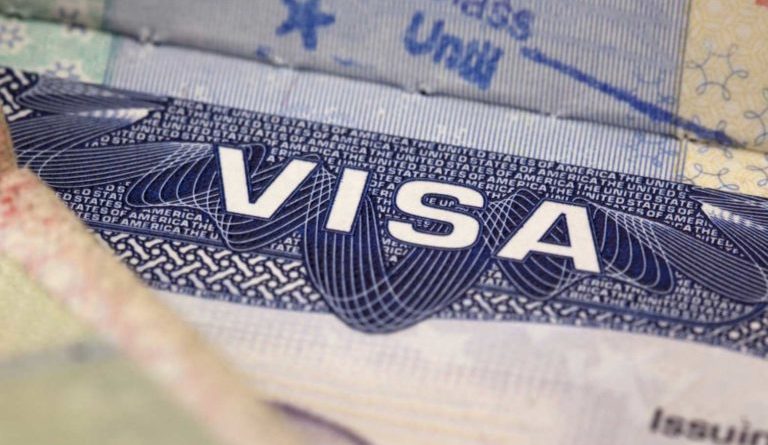OPINION-US VISA | IMMIGRATION CORNER -How will marriage affect my petition?
In a previous article, I discussed some situations where the marriage of a beneficiary could affect their petition. I urge you to read Part 1 on this issue. In this article, I will discuss more situations on how marriage could greatly affect the validity of the petition or the waiting time for a visa.
4. Marriage destroys a beneficiary’s eligibility as a “derivative” of their parent’s petition. Most petitions include a person’s minor children as “derivatives.” For example, if a person is petitioned as a married child (F3) or brother or sister of a US citizen (F4) or by an employer, their children could be included under that petition if the child is either under 21 years of age or qualifies under the Child Status Protection Act. However, if the derivative child marries, they lose the status of being a derivative and are no longer included under that petition.
5. Terminating a marriage converts the petition from F-3 to F-1. If a beneficiary was originally petitioned as married (F-3), but their marriage is terminated through divorce, annulment, death of the spouse, etc., the petition converts from a married child to unmarried, where the visa would be available at least 10 years sooner than if they were married.
I’ve come across many cases where a beneficiary was petitioned as married, but they are separated from their spouse, who perhaps abandoned them and now has a new family. If there is no hope of saving that marriage and the marriage is truly over and you terminate the marriage through annulment or divorce, you can get your green card a lot faster in the F-1 category.
However, I must caution you that just as there is a concept of fixed marriages, there is also the concept of fixed divorces, where people who are truly in love terminate their marriage just to be classified in the faster F-1 category.
If there is any change in marital status, it is important to notify the US Citizenship and Immigration Services (USCIS), the National Visa Center (NVC) or the embassy so your petition can be reclassified in the proper category. For example, if you were petitioned as married (F3) and your marriage is terminated, but you don’t let the NVC know, they will keep your case in the married category rather than reclassifying it in the faster F-1 category.
As you can see, marriage can have a significant impact on a petition, which includes voiding the petition, increasing the waiting time, speeding up the waiting time, etc. If you have any questions or issues about a beneficiary marrying, I would strongly suggest that you consult with an attorney, and obviously it should be before you walk down the aisle.
.

@[email protected]











